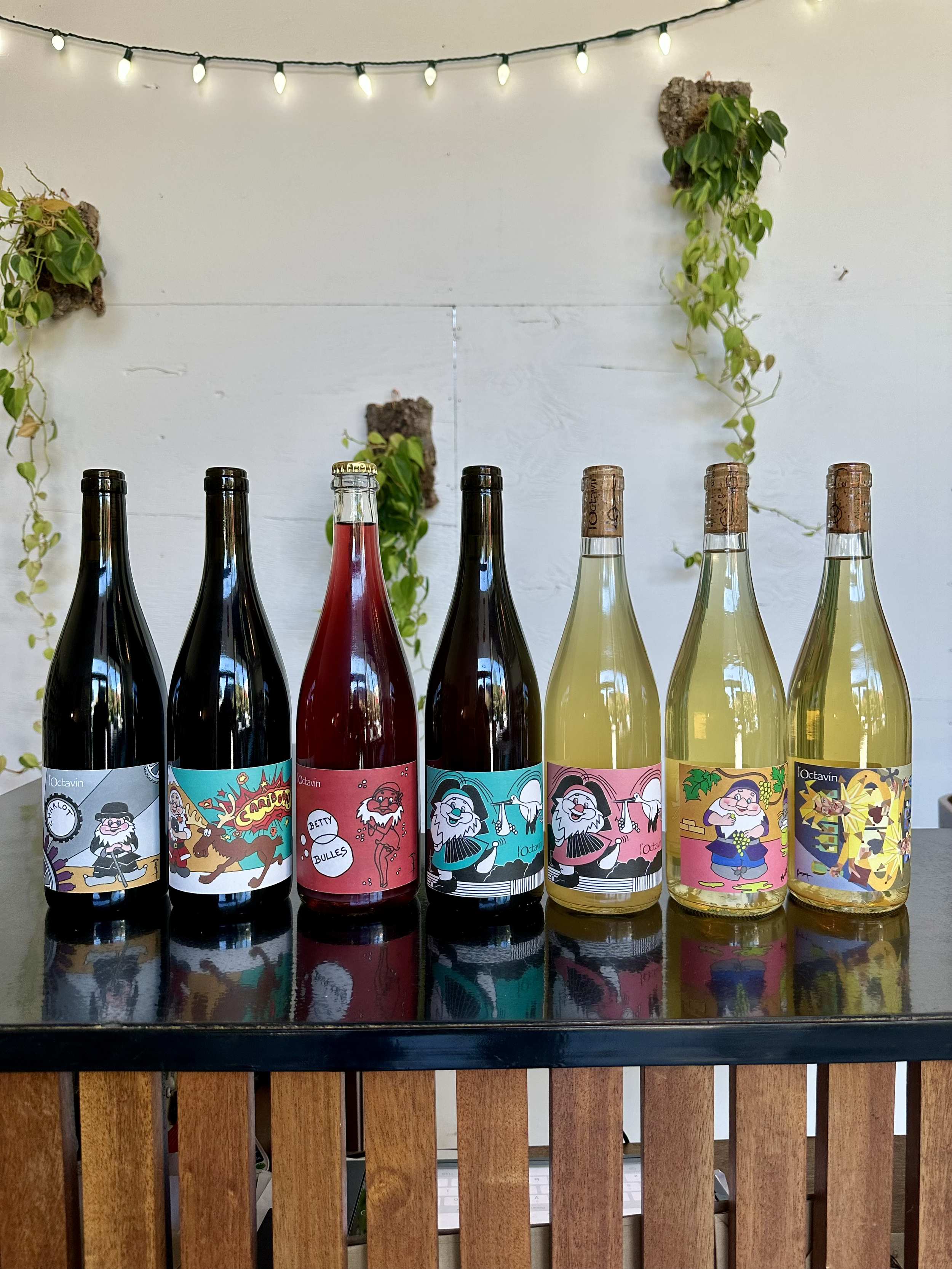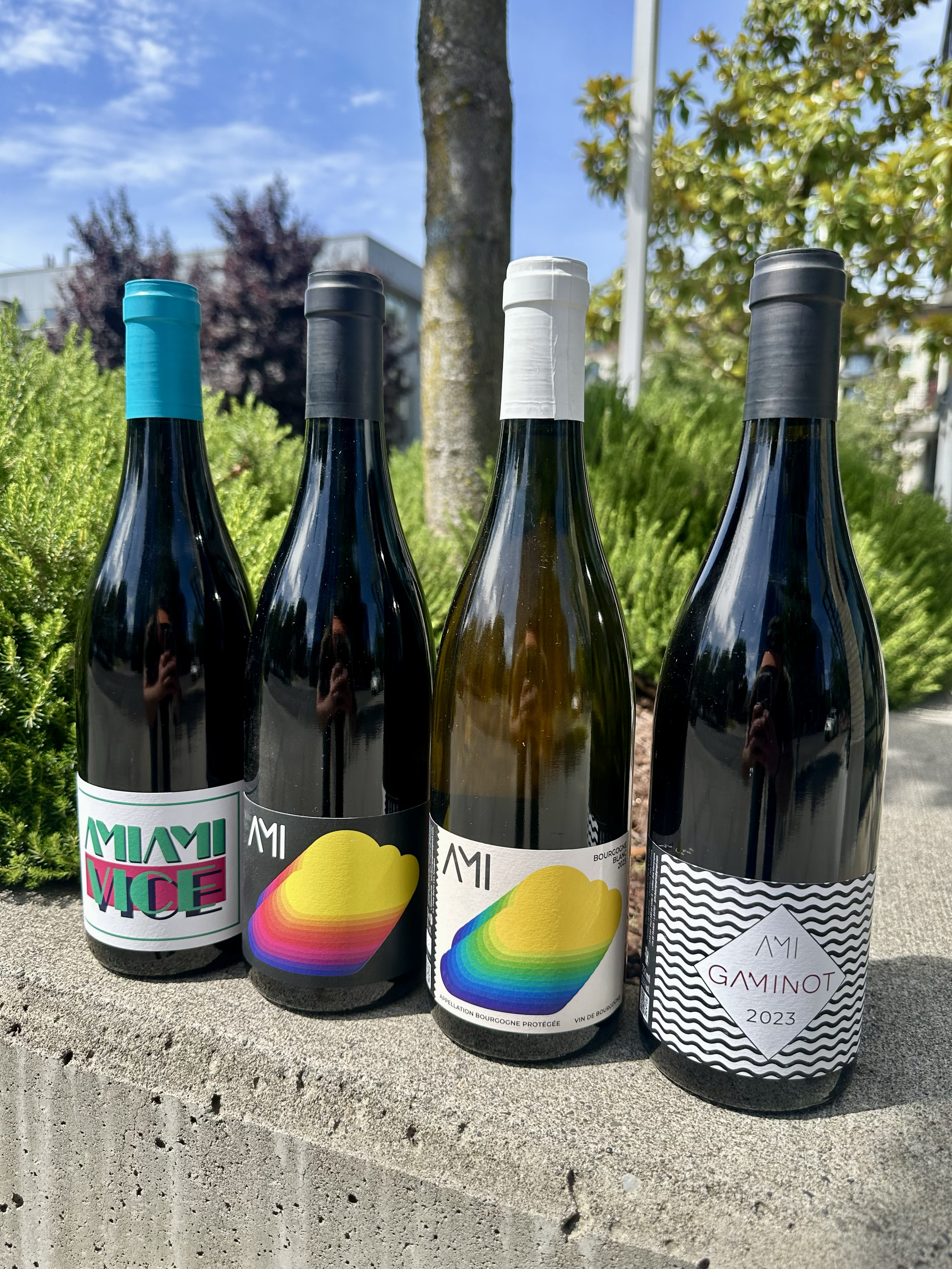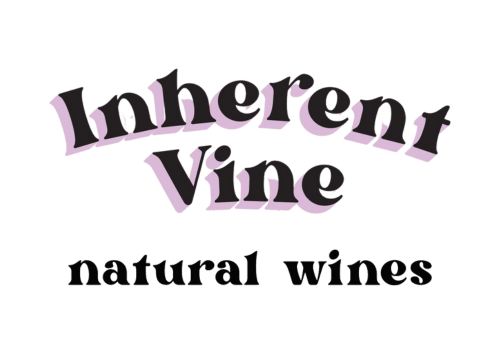What on Earth is Natural Wine?
-
Isn't all wine natural?
No. Though all wine begins with grapes, there are around a hundred additives that conventional winemakers utilize to manipulate the taste, texture, and aroma of a wine. These additives aren’t listed on the label. Conventional winemakers also fine (use chemicals to clarify) and filter (physically clarify) to keep sediment (aka the good stuff) from enhancing the body and texture of a wine.
-
Is all natural wine funky?
Not particularly. Like other wines, natural wine exists on a continuum. Good, bad, funky, elegant, etc. Because it’s a living product that hasn’t been altered or “corrected” with an eye towards uniformity like conventional wines, a hint of barnyard funk is often present when you first pop the bottle open. That said, we’ve got a range of wines for sale in the shop, so if you’re looking for a more elegant, structured profile, you can absolutely still enjoy natural wine. If you want the funk, well, we’ve got that too.
-
Does natural wine spoil after a day?
Absolutely not! Like most living products, a natural wine’s taste, texture and aroma will change over time— often for the better! Some natural wines benefit from being being open for a few days, and some are best enjoyed right away. If you’re looking for a sturdier wine that won’t let you down on day 3, just ask and we’ll steer you in the right direction.
-
Why should I care about natural wine? What are the benefits?
You absolutely don’t have to care! If you’re looking to be persuaded, however, here are a few reasons we love natural wines:
Better for the Earth— dry-farmed, organic, biodynamic… when we’re nice to her, she returns the favor. If you’re going to drink wine, why not choose wines grown and produced with less of an impact on the climate?
Better for small farms/winemakers— natural wines are made by hand (and foot!) by small-batch producers, often family-run operations. We love supporting the independent folks who truly care about what they do and are able to provide the care and attention that the pesky, delicate art of winemaking requires.
Better for you? Not especially, but if you have a sulfite allergy, natural wines are a delicious way to enjoy your favorite fermented grape beverage. Plus, on aggregate, natural wines tend to be significantly lower ABV than conventional wines, so that’s probably why you’ll notice you feel a bit peppier the morning after indulging.
-
Are all natural wines pet-nats or orange wines?
Not necessarily! Pét-nat (pétillant-naturel) refers to the “ancestral method” of producing sparkling wine without additions like sugars to jumpstart the secondary fermentation that creates those glorious bubbles. Orange wines are just white grapes vinified as if they were reds— with the skins on. This style of wine has existed for over 8,000 years and hybridizes the sunny, aromatic characteristics of a white with the structure and tannins of a red. Pét-nats and orange wines can be produced from grapes that don’t meet the organic/biodynamic criteria, and utilizing methods that aren’t low-intervention. In short, not all pét-nats and orange wines are natural.
-
I have more questions!
So do we! Natural wine is a living product that evolves organically (hehe) and so does our collective education. This is not a comprehensive guide, but rather a short-ish intro. We stock a few of our favorite natural wine-related books if this webpage has you thirsty for more information. Also, stop by and chat! We’re always happy to be spirit guides on your natural wine journey— no matter what stage you’re at. Let’s expand our minds together :)






